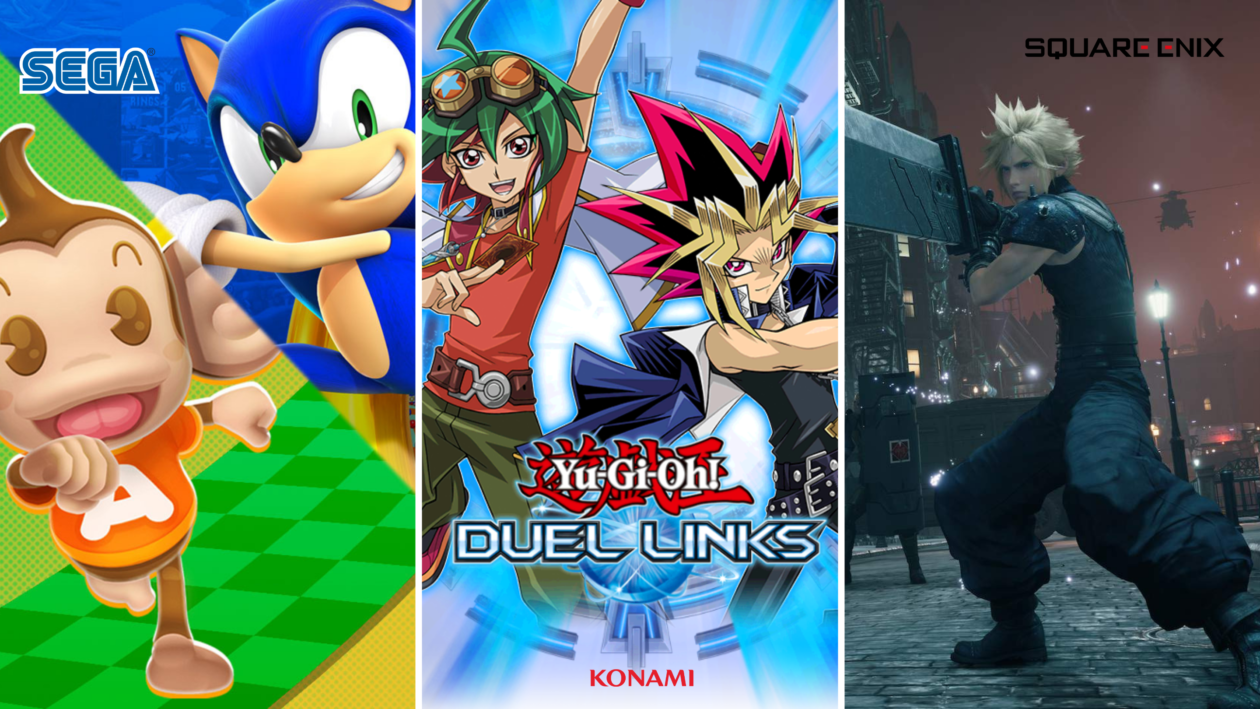Investors are pouring money into video game non-fungible tokens (NFTs), believing them to be the next big thing. But many gamers object.
Fan pushback against Japan-based Sega, Konami and Square Enix illustrates the NFT debate among video gamers.
Many gamers and devoted fans have denounced the companies, claiming they are disinterested in traditional fans and are causing potential harm to the environment.
Many disgruntled gamers are devoted fans of the video game franchises that have existed from the earlier days of video gaming, such as Castlevania and Final Fantasy. These video games have risen to global popularity from the 1980s and ‘90s.
But in recent years, the global gaming market was disrupted by the advent of NFTs, the metaverse and play-to-earn (P2E) games. P2E games like Axie Infinity and MIR4 that reward players with NFTs have grown widely popular, with the former reaching a daily sales volume as high as US$33 million.
Likewise, the metaverse concept is being adopted in all places and industries. South Korea’s capital city Seoul recently proposed a five-year plan to build a metaverse platform for its citizens.
This blockchain momentum has led long-established game developers to consider incorporating the technology into their products, which is a decision that stakeholders may welcome with open arms.
In April last year, Sega announced a partnership with blockchain game startup double jump.tokyo for minting NFTs to promote its IP (intellectual property) such as Sonic the Hedgehog. Its rival Konami also announced last week that it will auction NFTs of Castlevania on OpenSea NFT marketplace in celebration of the game’s 35th anniversary.
Both companies have met with harsh criticism from existing video game players and fans of the characters. One Twitter user tweeted, “No, I don’t like this. I’m not a fan of NFTs, even if they are Castlevania!” Many others on the social media platform have chosen more brutal words to condemn the announcement.
On account of the relentless backlash, Sega has backtracked on its NFT proposal. “If it is perceived as simple money-making, I would like to make a decision not to proceed,” said Sega CEO Haruki Satomi.
Square Enix, EA, and Ubisoft, which have mentioned or embarked on their NFT plans, are also experiencing strong resistance. However, maker of the Final Fantasy series Square Enix and Assassin’s Creed creator Ubisoft have re-established their will to continue pursuing NFTs. EA, despite not having announced any specific plans regarding the technology, called NFT and blockchain games the future of the gaming industry.
So why are existing video gamers furious about NFTs?
Luis Ramos, who was one of the vocal critics of Konami on Twitter, told Forkast that the company has been negligent of fans and its original purpose of developing video games. “I specifically called out Konami because as a fan of Castlevania, the franchise has been left dead in [the] water. Besides a Netflix show adaptation, the IP had gone untouched,” Ramos said. “They utilize [the IPs] instead with gambling machines and low quality titles and now NFTs. Rather than contract another developer, they’d rather bank on the properties’ renown status for NFTs.”
Ramos believes cash-grab is the real reason game companies look into NFTs. “I believe they’d introduce loot boxes again, but seeing how that is under heavy surveillance and scrutiny, I believe the reason for NFTs is because it’s new, untamed, untapped, and under zero legal pushback,” Ramos said.
Others reason with the potential harm NFTs have on the environment with energy overconsumption. “NFTs are harmful to the environment and create an artificial scarcity of digital products, defeating the first point of digital products,” said Diego A., another critic of NFTs.
“All we want is for these companies to respect us as consumers and fans,” Diego A. told Forkast.
Nonetheless, Kim Jung-tae, professor of game studies at Dongyang University told Forkast that after a transitional period, NFTs may benefit gamers in terms of playing — although he understands why fans are upset.
“As people dedicate an increasing amount of time into playing video games, they see what they earn in-game as real life value,” said Kim, explaining that NFTs can actually reward players for their in-game endeavors.
Despite the resistance in the gaming space, companies are putting their stake in NFTs. Japan’s Softbank has been aggressively investing in the technology. It led a US$680 million fund round for French fantasy soccer NFT company Sorare, and invested about US$148 million in Naver’s Zepeto metaverse in December last year.





